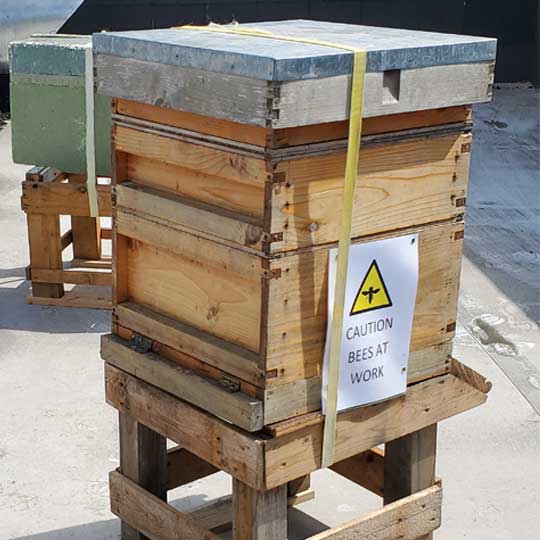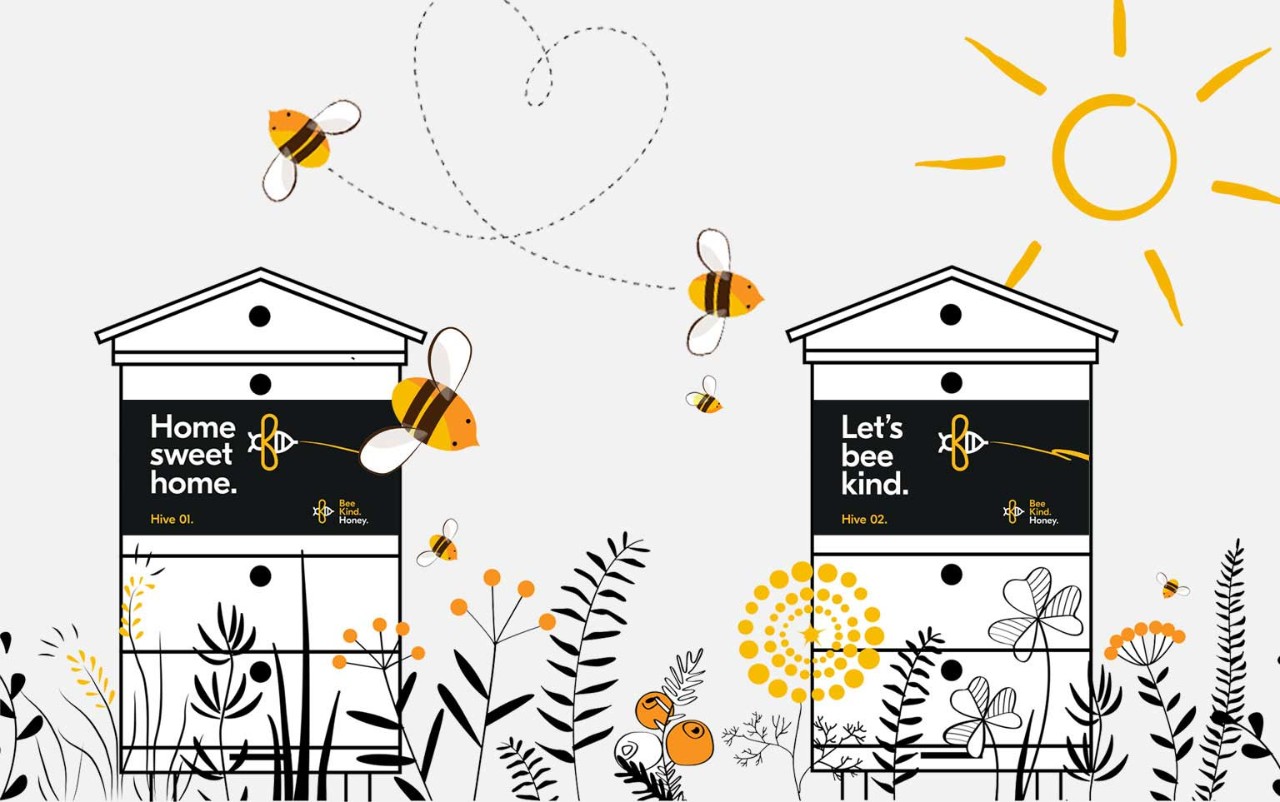The theme for World Bee Day 2024 is: “Bee engaged with Youth”.
It highlights the importance of involving young people in beekeeping and pollinator conservation efforts, as the future stewards of our environment.By engaging young people in beekeeping activities, educational initiatives, and advocacy efforts, World Bee Day seeks to inspire a new generation of environmental leaders and empower them to make a positive impact on the world.
Bees are crucial for ensuring our food security. Almost three quarters of the crops we eat depend on bees and other pollinators. However, many bee species and other pollinators are declining due to human-driven climate change.
Here in the UK May is a busy time for beekeepers who are tending their bees and watching them progress into strong colonies and often bringing in a spring honey crop depending on the weather and forage available.
Source: Food & Agricultural Organization of the United NationsBee-ing grateful to our pollinators (fao.org)
Did you know?
- The vast majority of pollinator species are wild, including more than 20,000 species of bees.
- Close to 75 percent of the world’s crops producing fruits and seeds for human use depend, at least in part, on pollinators.
- Our food security, nutrition and the health of our environment depend on bees and pollinators.
- Pollinators contribute to 35 percent of the world’s total crop production, pollinating 87 of 115 leading food crops worldwide.
- In many areas, bees, pollinators, and many other insects are declining in abundance and diversity.
- Everyone can make a difference to support, restore and enhance the role of bees and pollinators.

We’re buzzing with excitement. Meet the ‘B’ team.
The sun is out and our rooftop hives are busy. Bee-tween 100,000 to 120,000 Kyocera bees are out scouting for pollen and nectar.
They buzz along at 15mph, ranging about 2-miles every day, collectively visiting millions of flowers and hedgerows to make 1kg of honey. After a day foraging, the workers return to their respective hives named ‘Home Sweet Home’ or ‘Let it Bee’
Are you pollen our leg? Why bees?
According to the UK Wildlife Trust, Honeybees are responsible for pollinating between 5-15% of the UK's insect-pollinated crops including most fruit, oilseed rape and many flowers. They, together with other pollinators are under threat from loss of habitat, disease and insecticide use.
So supporting two colonies of bees allows us to move from droning on about our CSR strategy to flying the flag for nature conservation.
